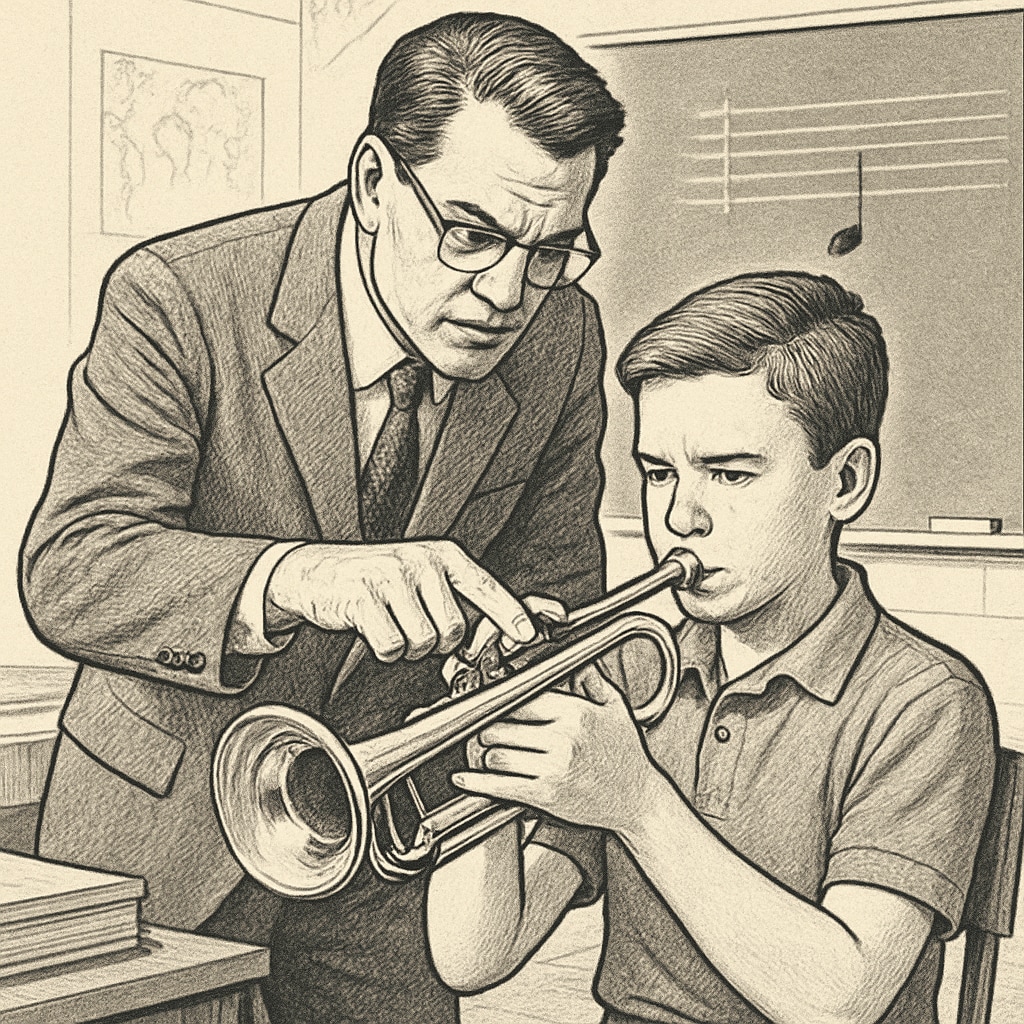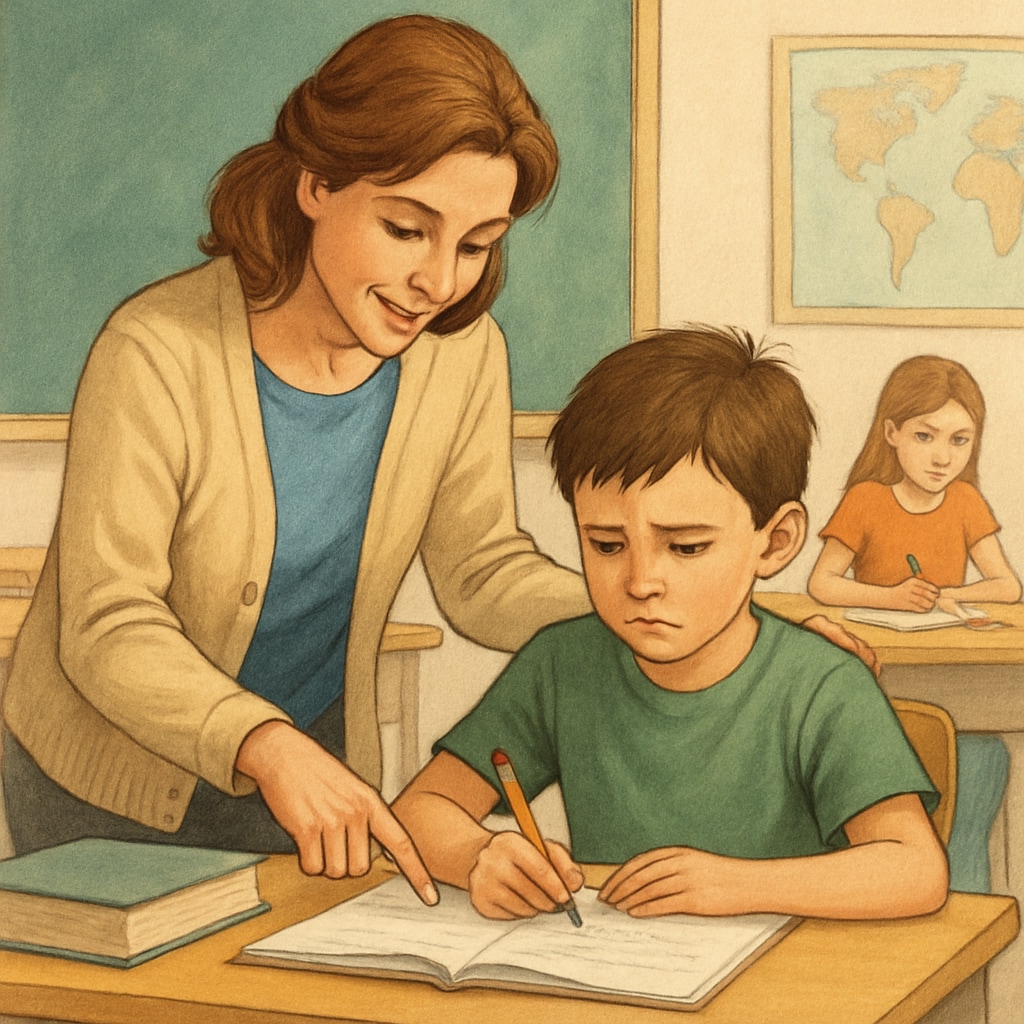In education, the tension between rigorous methods and nurturing care creates a profound ethical dilemma. This theme is vividly portrayed in the critically acclaimed movie Whiplash, where the relationship between a perfectionist music instructor and his talented student raises questions about the cost of greatness. For educators, this raises a crucial question: how can we push students to achieve their full potential while safeguarding their mental and emotional well-being?

The Ethical Dilemma in Educational Methods
Rigorous teaching methods, often characterized by high standards and relentless persistence, have long been celebrated for their ability to cultivate excellence. However, these methods can come at a significant cost. In Whiplash, the instructor’s harsh tactics lead to extraordinary musical achievements but also cause profound psychological distress for the student. This illustrates the ethical challenges educators face: Is it justifiable to prioritize achievement over emotional health?
For example, in K-12 education, some schools emphasize strict discipline and high-pressure environments to enhance academic performance. While effective in some cases, these approaches risk alienating students and causing burnout. According to research on emotional intelligence, supportive environments are essential for fostering resilience and long-term success.
Balancing Excellence and Empathy
Nurturing care focuses on understanding individual students’ needs, providing emotional support, and creating safe learning spaces. This approach prioritizes mental health but can sometimes compromise high achievement standards. Striking a balance between these two extremes is essential for ethical and effective education.
Educators can adopt strategies such as:
- Setting realistic yet challenging goals for students.
- Encouraging open communication to understand their struggles and aspirations.
- Offering constructive criticism rather than harsh judgment.
- Recognizing the value of both effort and outcome.
As a result, teachers can motivate students to excel without compromising their emotional well-being. For more insights, check out Britannica’s overview of education principles.

Lessons from “Whiplash” for Modern Educators
The movie Whiplash serves as a cautionary tale for educators who may unintentionally prioritize results over the student’s overall development. It highlights the risk of pushing students too hard and the potential long-term consequences of neglecting their emotional needs.
Modern educators can learn from this by embracing a mindset that values both rigor and empathy. While the pursuit of excellence is admirable, it should not come at the expense of a student’s mental health. Instead, educators should aim to inspire students to reach their potential while ensuring they feel supported and valued.
As the educational landscape continues to evolve, finding this balance remains a challenge but is essential for creating environments where students can thrive both academically and emotionally.
Readability guidance: Use short paragraphs, incorporate lists for clarity, and balance overviews with actionable strategies. Ensure transitions are smooth and consistent, with attention to both rigor and nurturing care in teaching methods.


